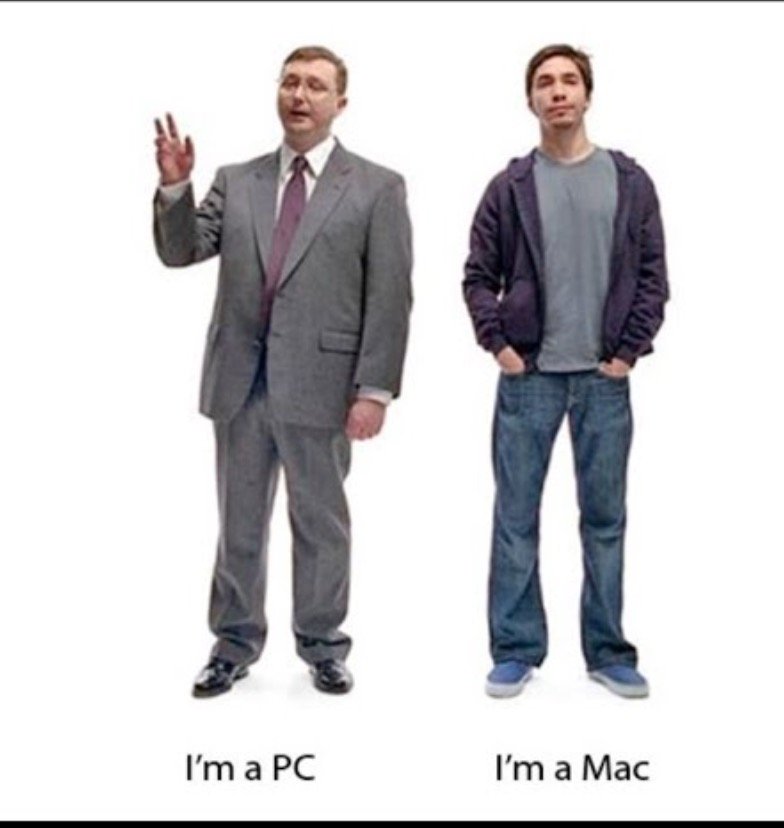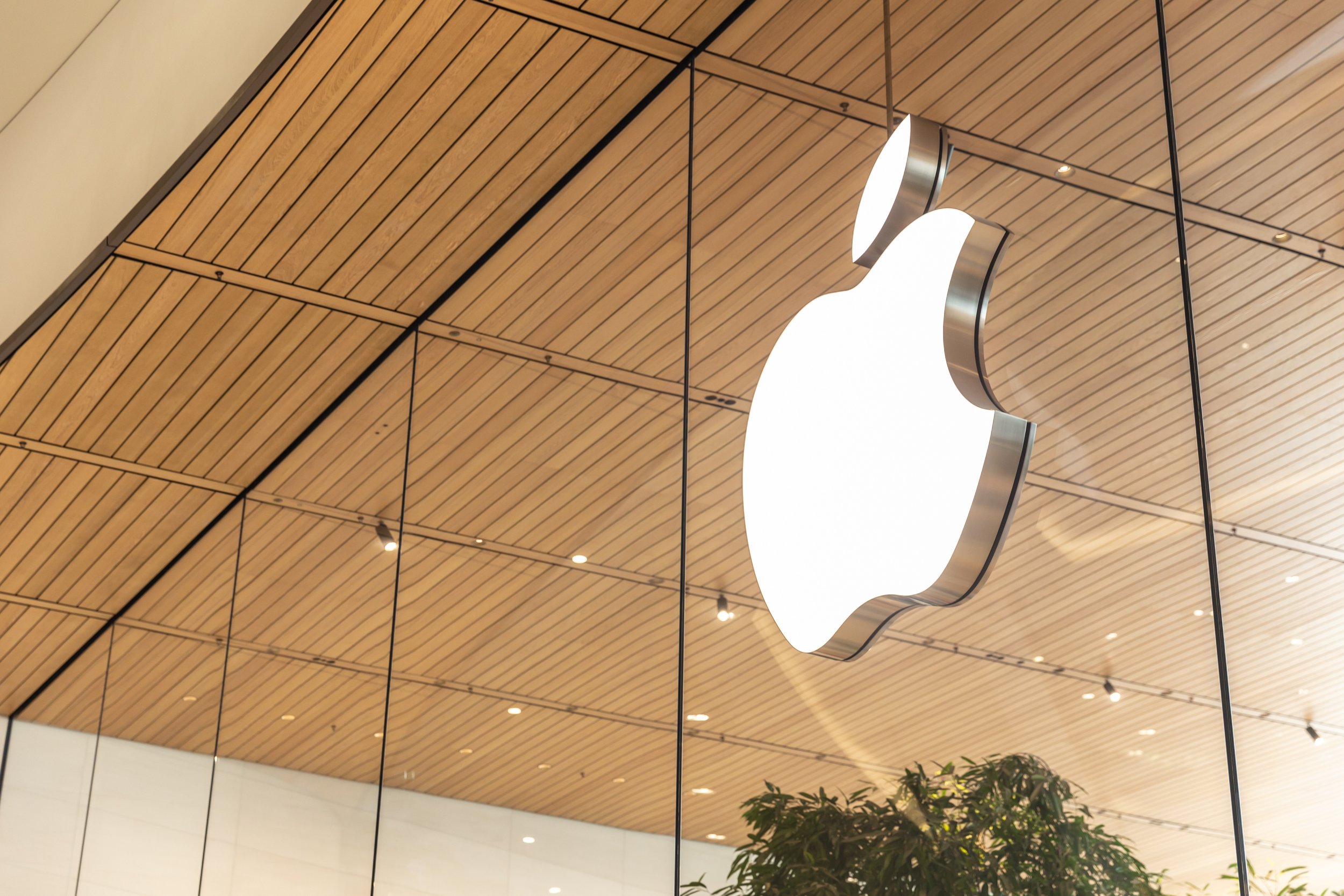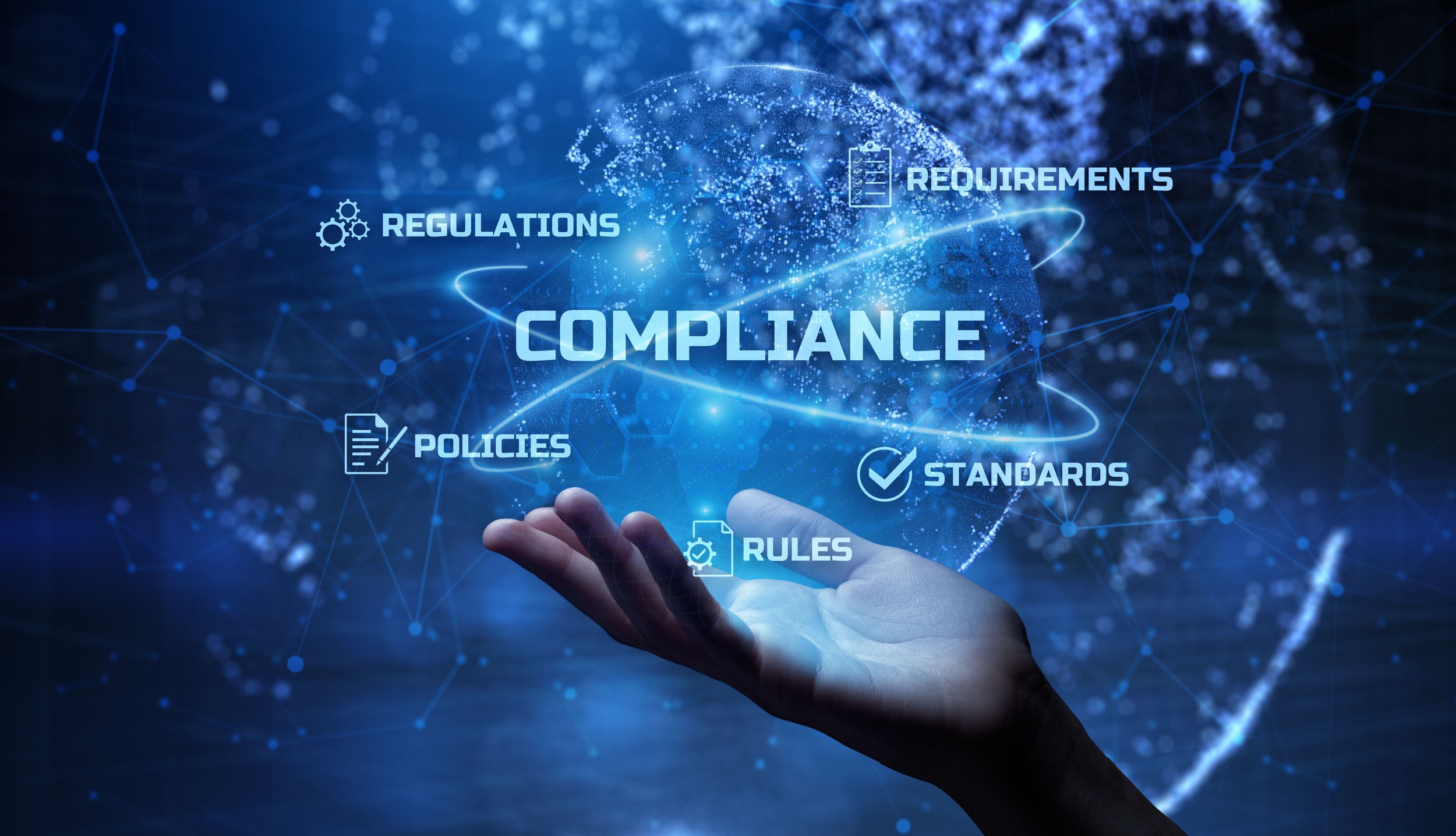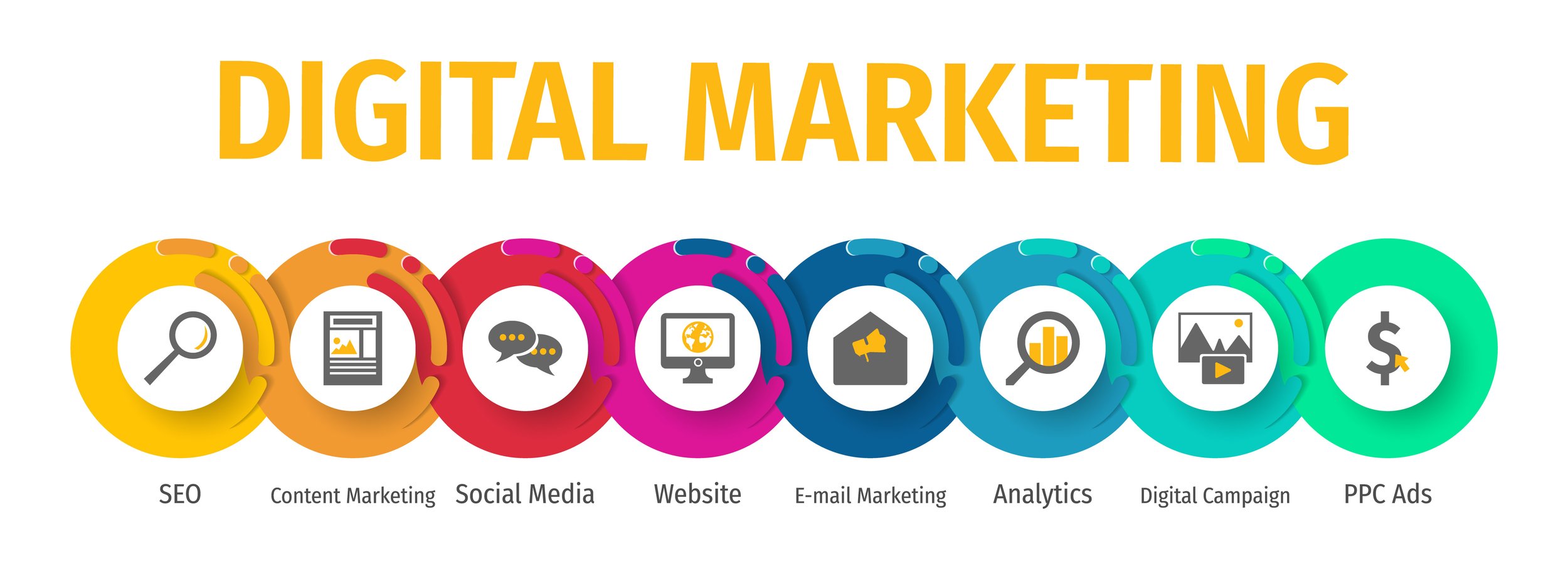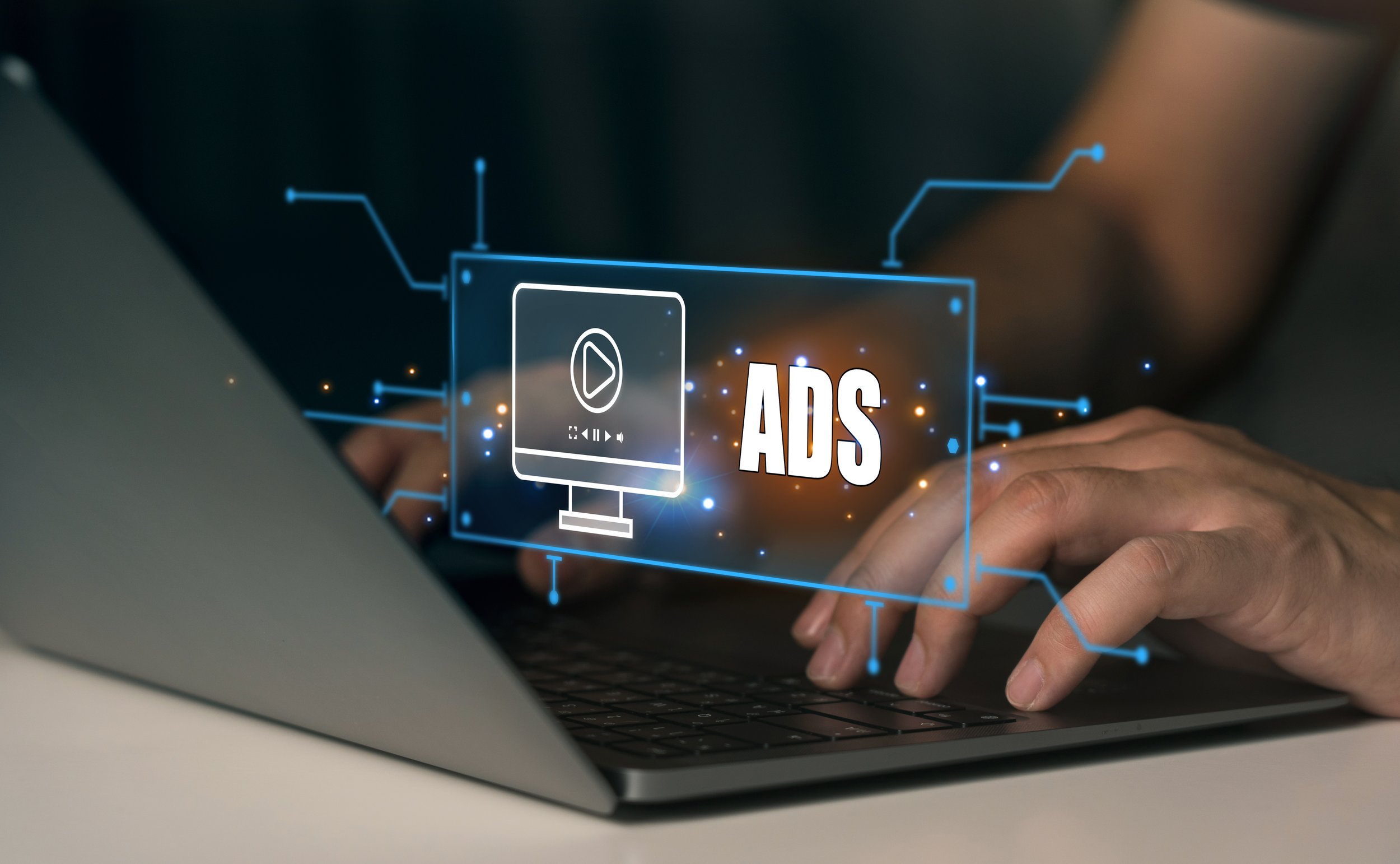My Two Cents: Essential Security and Privacy Reminder for Lawyers Using Cloud Software.
/Today’s lawyers need to be tech-savvy when it comes to working on the cloud!
Cloud computing has revolutionized the legal industry, providing lawyers numerous benefits, such as increased flexibility, accessibility, and cost-effectiveness. There has been a significant increase in cloud computing usage among lawyers in the United States, particularly solo practitioners. From 2021 to 2022, overall cloud usage among respondents rose from 60% to 70%. Notably, solo lawyers showed the most dramatic increase, with usage jumping from 52% to 84%. This indicates a substantial increase from just a few years ago, when only a fraction of firms had integrated cloud computing into their operations. The study further reveals that small to medium-sized law firms are more likely to adopt cloud technology due to its cost-effectiveness and scalability.
However, along with these advantages come security and privacy concerns that must be addressed to protect sensitive client information. I’ve outlined below some of today’s key security and privacy concerns associated with cloud-based software in the legal industry.
One of the primary concerns for lawyers surrounding cloud computing is data breaches. Storing confidential client information on third-party servers increases the risk of unauthorized access by cybercriminals. A single breach can result in severe consequences, including reputational damage, loss of client trust, and potential legal liabilities. Thus, it is crucial for law firms to carefully assess the security measures implemented by cloud service providers before entrusting them with sensitive data.
The ways people practiced of law has changed from when our grandparent’s worked!
Encryption plays a vital role in safeguarding data stored in the cloud. Lawyers must ensure that their chosen cloud-based software employs robust encryption techniques for their information, whether it is in transit or at rest. End-to-end encryption ensures that only authorized parties can decrypt and access data, minimizing vulnerability to interception or unauthorized disclosure.
Another concern relates to jurisdictional issues and compliance with regulations governing data protection. Lawyers often deal with sensitive information subject to strict confidentiality requirements imposed by various jurisdictions worldwide. Understanding where your client’s data is physically stored and ensuring compliance with relevant regulations can be complex when utilizing cloud services provided by multinational corporations operating across borders.
Data portability is also important when using cloud-based software in the legal industry. Lawyers need assurance that they can easily retrieve their clients' data if they decide to change service providers or migrate back to on-premises solutions. The ability to export data seamlessly without any loss or corruption ensures business continuity while minimizing potential disruptions during transitions.
Your “tech-savvy” lawyer being cybersecure!
* Image created with DALL·E 3.
* Note likeness is not 100% - I’m certainly missing hair in this image! 😜
Transparency regarding how cloud service providers handle user data is essential for maintaining client trust and confidence in their lawyers' use of technology. Law firms should carefully review the terms of service, privacy policies, and data processing agreements provided by cloud vendors to understand how data is stored, accessed, and shared. Clear communication with clients about using cloud-based software can alleviate concerns and foster transparency.
Lawyers must also address the risk of insider threats when adopting cloud computing. Employees or contractors within law firms may have unauthorized access to sensitive client information stored in the cloud. They are implementing strict access controls, including multi-factor authentication (MFA) mechanisms. MFA adds an extra layer of defense by requiring users to provide multiple verification forms before accessing sensitive information. This could involve combining something they know (such as a password), something they have (such as a physical token or smartphone), or something they are (such as biometric characteristics). Ultimately, MFA significantly reduces the risk of unauthorized access even if passwords are compromised.
Lawyers back in the day really did not have worry about cybersecurity
* Image created with DALL·E 3.
Regularly updating software and systems is another essential step in maintaining robust cybersecurity within cloud-based solutions for lawyers. Software vendors frequently release updates that include patches for identified vulnerabilities or bug fixes that can help prevent potential cyberattacks. Lawyers should establish policies mandating regular updates across all devices used within their practice and ensure that their chosen cloud service provider promptly applies patches on their infrastructure.
Lastly, conducting routine security audits and assessments helps identify potential weaknesses within the cloud-based infrastructure. This involves analyzing network configurations, access controls, and security protocols to ensure they are aligned with industry best practices and compliance requirements. By conducting regular audits, lawyers can proactively address any vulnerabilities before malicious actors exploit them.
The concerns outlined above are similar to what attorneys have had when they house their data – and I’ll refrain from repeating them here. Even though the expense of maintaining servers, i.e., housing and keeping them working, is erased with cloud computing, we cannot forget my 3-2-1 backup rule. (Remember, “2” stands for two different locations for your backups.) The cloud is only one place to store and back up your files. It would be best if you had some onsite or even offsite backups (although some may find this redundant, given cloud backups are “offsite,” having an offsite non-cloud backup may be prudent or overkill 🙄, depending on who you ask).
Lawyers working smartly - make sure your work is cybersecure!
* Image created with DALL·E 3.
While cloud-based software offers numerous benefits for lawyers regarding efficiency and productivity, it also introduces security and privacy concerns that must be adequately addressed. Safeguarding client data from breaches, ensuring compliance with regulations, enabling data portability, promoting transparency in data handling practices, and mitigating insider threats are all crucial aspects that legal professionals must consider when utilizing cloud computing solutions. It is important that you work with reputable services.
By implementing robust security measures and working closely with trusted cloud service providers that prioritize privacy protection, lawyers can leverage the advantages of cloud computing while maintaining the confidentiality and integrity of their client's information.
Happy Lawyering!
MTC









